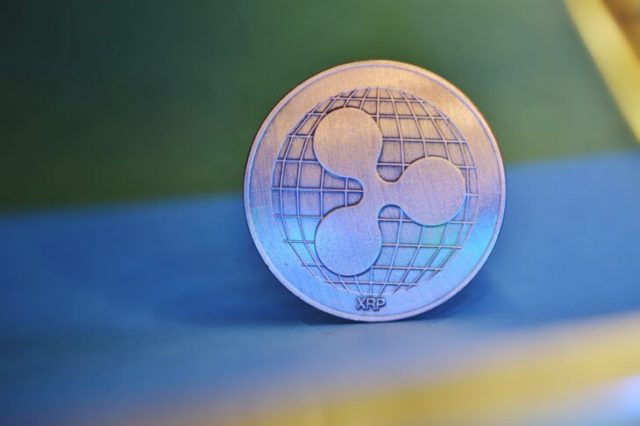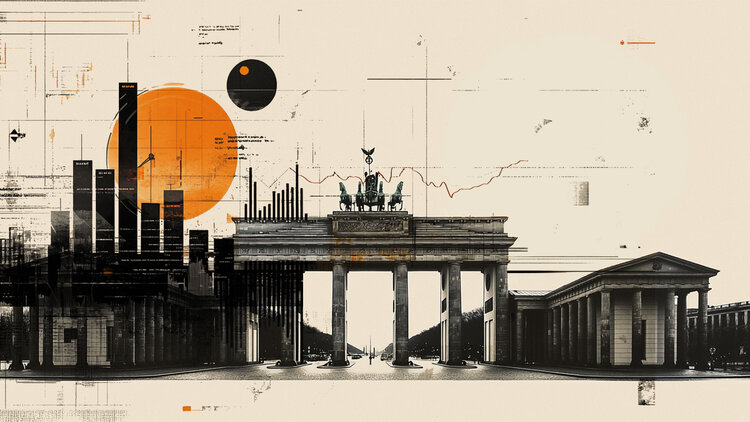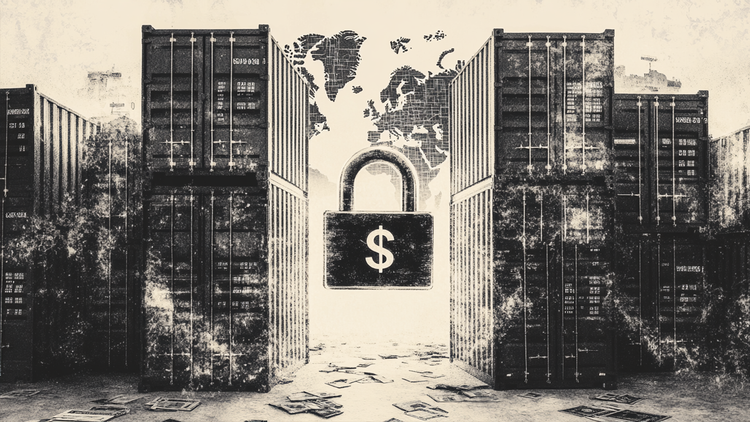The Industry Confidence Index fell 1.7 point in July and closed the month at 99.5 points, according to the Brazilian Institute of Economics, of Fundação Getúlio Vargas (FGV Ibre). The survey has a scale from 0 to 200 points — the higher the number of points, the better for the national scenario.
The drop was due to the prospect of maintaining high levels of inflation and interest rates until the end of the year, in addition to increased political uncertainty during the election period, according to the institute.
The scarcity or increase in prices of inputs affects 22 of 25 industry sectors, according to a survey by the National Confederation of Industry released at the end of July. This problem started with the Covid-19 pandemic – social isolation measures hampered transport of raw materials used by the industry.
THE CNN asked the pre-candidates for the Presidency of the Republic what they think about the Brazilian industrial sector and what they intend to do to strengthen it.
Check out the answers below:
Luiz Inácio Lula da Silva (PT):
The Brazilian industry is fundamental for economic growth, job creation, exports and tax collection. While the world is going through a new technological revolution and a moment of reactivation of industrial policy, Brazil is experiencing the loss of industry’s share of GDP.
In this scenario, industrial policy must be oriented towards modernizing the productive structure by promoting reindustrialization, strengthening competitive advantages and encouraging innovative projects.
The main mission of the industrial policy will be to promote the engagement of the industry in the technological, social and environmental transitions of the country, therefore, it must fundamentally be a policy to foster innovation, with special attention to the digitization and decarbonization of the economy.
To this end, it is essential to strengthen national, private and public companies, through instruments such as adequate financing and credit, inducing investments and guarantees that expand and add value to production, strengthening public banks and strategic state-owned companies, government purchases, local content, cooperation agreements, encouraging innovation in products, processes and business models, in addition to education and professional qualification.
Industrial policy must be guided by missions that are capable, at the same time, of encouraging productive and technological changes and of meeting social and environmental demands.
Jair Bolsonaro (PL):
The candidate did not respond at the time of publication.
Ciro Gomes (PDT):
The candidate did not respond at the time of publication.
Simone Tebet (MDB):
The candidate did not respond at the time of publication.
André Janones (Avant):
The candidate did not respond at the time of publication.
Pablo Marcal (Pros):
The industrial sector is responsible for more than 20% of the Brazilian GDP. People and companies generate wealth, not politicians and governments. The government’s role is to create conditions for entrepreneurship, so I put in the government plan guidelines to create 10 million companies in four years: invest heavily in infrastructure, promote tax reform, profoundly transform education from the ground up and end the re-election.
The tax reform alone has the potential to increase GDP by up to 7% per year over the next eight years, according to the most optimistic forecasts, in addition to decompressing companies that can no longer bear the suffocating tax burden we have.
Without investing in infrastructure, we do not generate employment or create a basis for growth in these industries. In the short, medium and long term, education and virtualization can revolutionize the industrial sector by favoring high-tech products to replicate the model of our aeronautical industry, one of the most advanced in the world. But believe me, the biggest obstacle to all this is reelection.
We will not have profound reforms that will provide conditions for Brazilians and for industries to prosper while we have reelection in Brazil.
Vera Lucia (PSTU):
The candidate did not respond at the time of publication.
Felipe d’Avila (New):
The candidate did not respond at the time of publication.
Jose Maria Eymael (DC):
For the development of industry in Brazil, the fundamental step is to promote tax reform. The current tax system crushes companies and people preventing Brazil from growing.
In the Constituent Assembly, my focus was on the protection of the taxpayer and, as a constituent, I am the actor of all constitutional norms in this sense.
As President of the Republic, one of my fundamental commitments is to immediately promote tax reform so that the Brazilian tax system is an instrument for the growth of the country’s economy.
Leonardo Pericles (UP):
The candidate did not respond at the time of publication.
Sofia Manzano (PCB):
The candidate did not respond at the time of publication.
Debate
the broadcasters CNN and SBT, the newspaper O Estado de S. Paulo, the magazine Veja, the portal Terra and the radio NovaBrasilFM formed a pool to hold the debate between the candidates for the Presidency of the Republic, which will take place on September 24th.
The debate will be broadcast live on CNN on TV and through our digital platforms.
Photos – The presidential candidates
Source: CNN Brasil
I am Sophia william, author of World Stock Market. I have a degree in journalism from the University of Missouri and I have worked as a reporter for several news websites. I have a passion for writing and informing people about the latest news and events happening in the world. I strive to be accurate and unbiased in my reporting, and I hope to provide readers with valuable information that they can use to make informed decisions.







